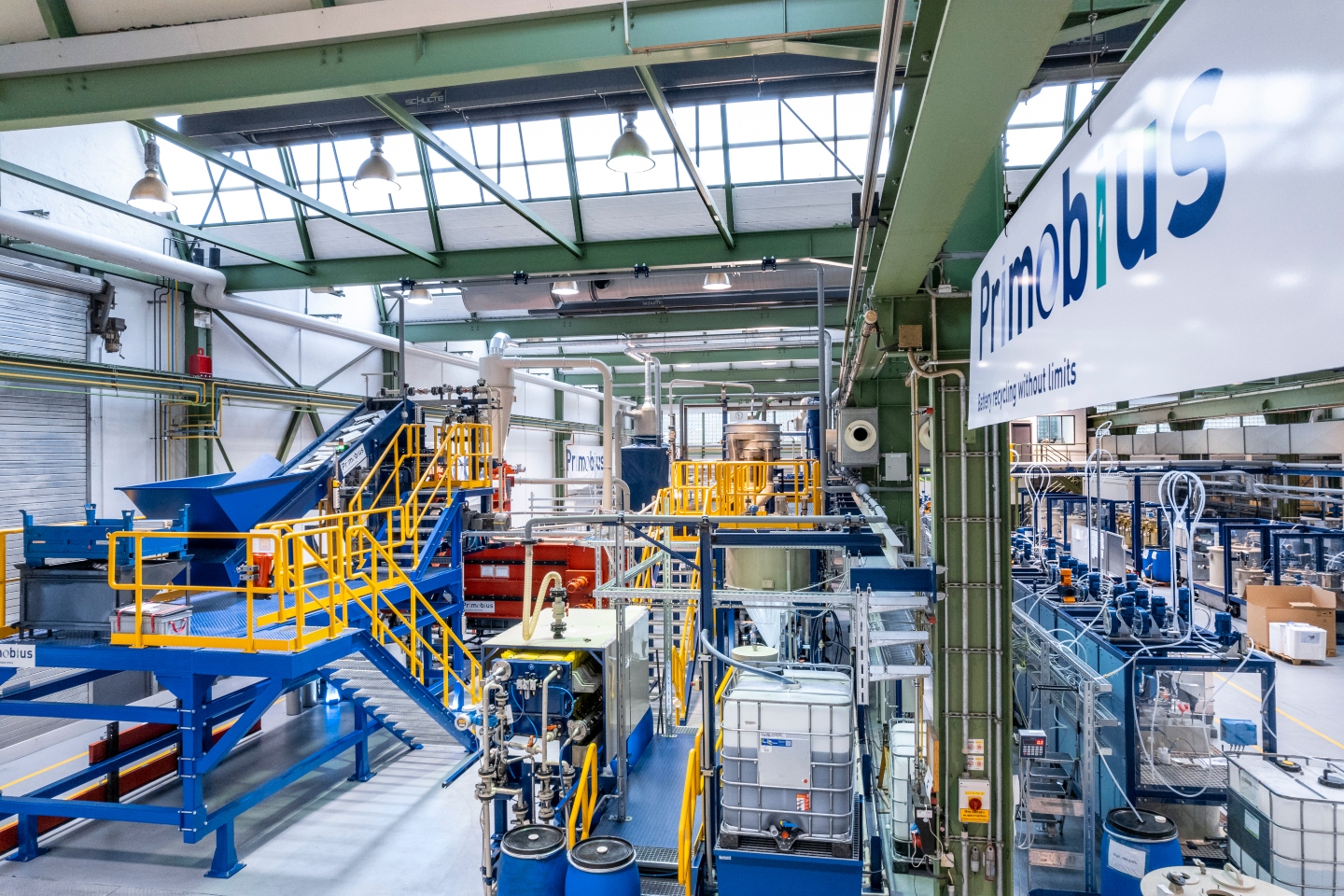ASX-listed Neometals has achieved lithium recoveries of greater than 93 per cent from trials of a new process at its Primobius hub plant, in a move expected to offer savings in both operating and capital costs. Primobius is a joint venture (JV) company owned equally by Neometals and SMS group, which has installed plants in nearly every country in the world.


ASX-listed Neometals has achieved lithium recoveries of greater than 93 per cent from trials of a new process at its Primobius hub plant, in a move expected to offer savings in both operating and capital costs.
Primobius is a joint venture (JV) company owned equally by Neometals and SMS group, which has installed plants in nearly every country in the world. The JV was set up to co-fund the commercialisation of Neometals’ lithium-ion battery (LiB) recycling technology and its primary business model is the sale of recycling plants under technology licensing agreements to generate a portfolio of battery material royalties.
Lithium recoveries of higher than 93 per cent were achieved during the latest trials, leading to a lithium fluoride product with a purity of 95 per cent. Management says the process improvement option can replace Primobius’ current lithium solvent-extraction circuit, which produces lithium sulphate.
Lithium fluoride is used to produce lithium hexafluorophosphate, an inorganic compound that is a key ingredient in electrolytes used in LiB manufacturing. Management says lithium fluoride trades historically at a 60 per cent premium over lithium carbonate, so using the newly-tested recovery option is expected to increase revenues for the owners of Primobius’ lithium battery recycling hubs.
Neometals managing director Chris Reed said: “Firstly, I would like to congratulate the Primobius, SMS and Neometals technical teams on another outstanding innovation. Our original plant design now includes EV module discharging and dismantling, and has the flexibility to produce intermediate, cathode or electrolyte lithium products. In addition to meeting regulatory and customer requirements, greater efficiency translates into stronger economics for the owners of our recycling plants.”
The Primobius lithium-ion battery recycling business is set up as a hub and spoke model, where the hydrometallurgical refinery section of the recycling facility is the hub and the shredding plant is the spoke.
The hub refines recovered cathode-active material of nickel, cobalt, manganese and lithium, known as “black mass”, that is produced from the spoke to produce the crystalline nickel, cobalt and lithium products used to make new lithium-ion batteries. The engineering cost study was for the hub section of the 21,000 tonnes per annum, or about 50 tonnes per day, Primobius lithium-ion battery recycling facility.
Just last month, the Australian Patent Office granted Neometals timely protection for its recycling subsidiary for the key hydrometallurgical separation hub of its LiB recycling process – the downstream component of its mechanical battery disassembly “spoke” plant. The patent is the first in the world to be granted from 17 applications filed by Primobius in key jurisdictions across the globe.
The company also recently revealed it had received an order from Mercedes-Benz for a 10-tonne per day lithium-ion battery shredding plant for its new recycling operation in Germany.
Now it has higher lithium recovery rates and resulting high purity to add further momentum.
Is your ASX-listed company doing something interesting? Contact: matt.birney@businessnews.com.au












